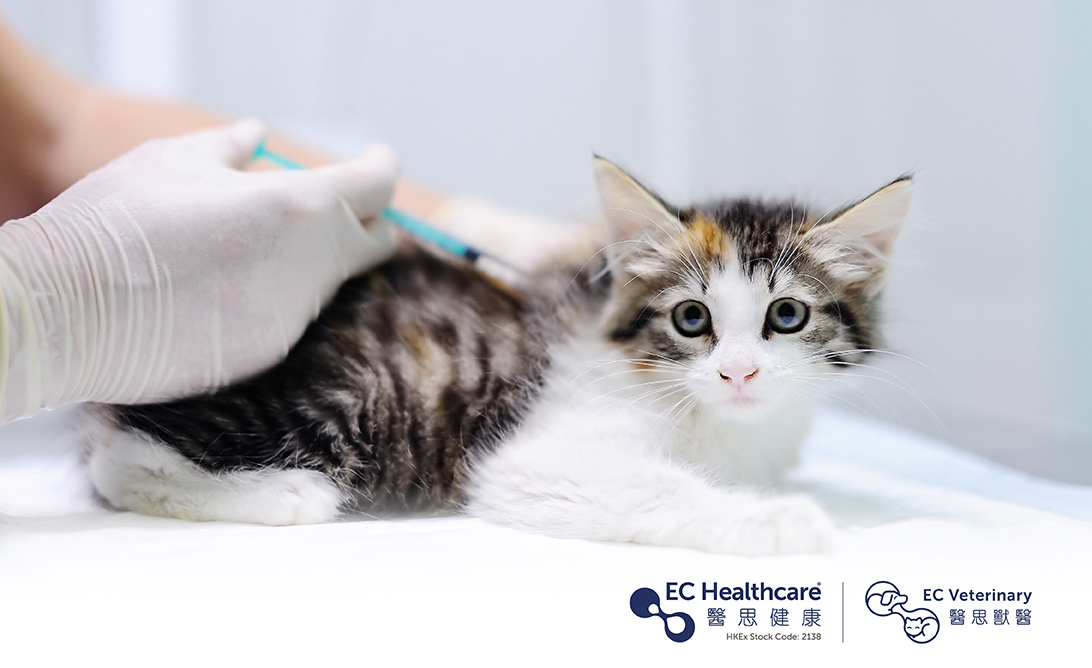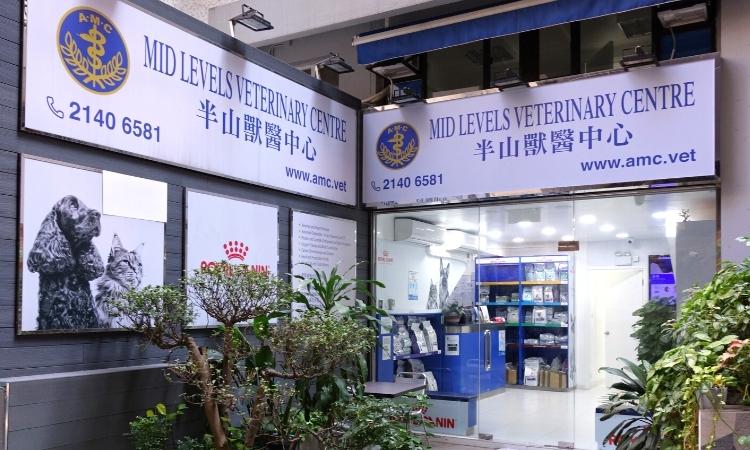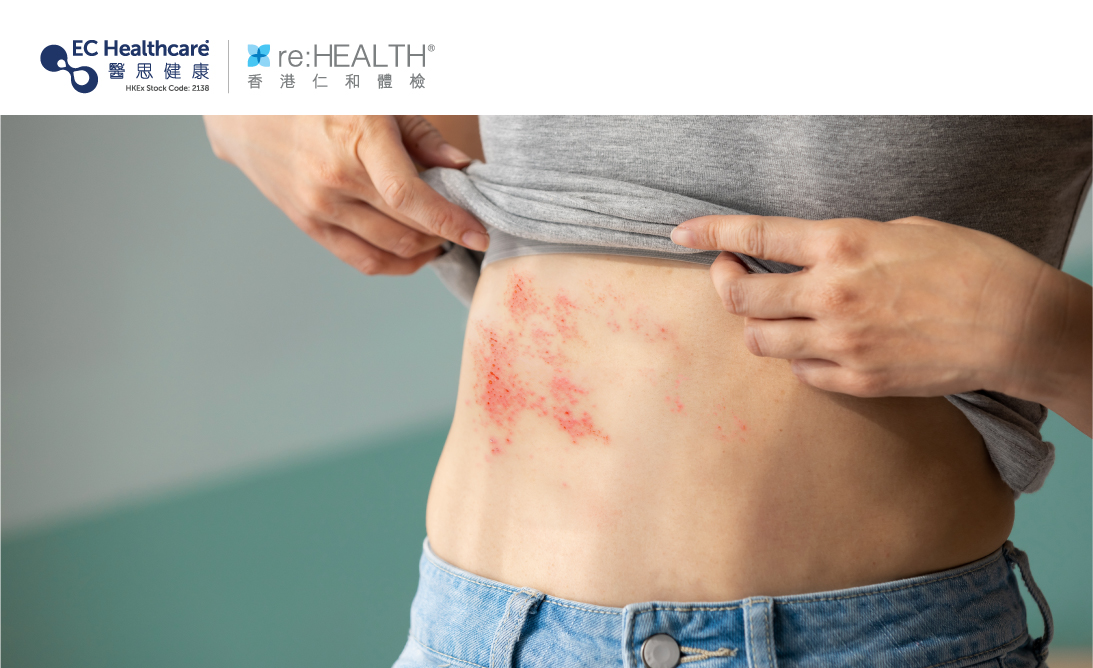Cat Vaccination Q&A: Which Vaccines Are Necessary?


You are finally bringing your new cat home! Apart from preparing its daily necessities and diet, do not forget to get it vaccinated! Similar to humans, cats can produce antibodies after being vaccinated to help combat deadly viruses and reduce symptoms. So, which vaccines should your cat receive? Does its immunity last forever?
Why should cats get vaccinated?
Vaccines can help prevent common infectious diseases that can cause different kinds of discomfort in cats or even death. Even if the disease is not deadly, the vet visit and treatment can be very costly. You should better get your cat vaccinated for effective prevention!
Which vaccines are essential for cats?
The most important vaccine for cats is the FVRCP (F3) Vaccine, a kind of 3-in-1 vaccine which can prevent the most common infectious diseases with a single dose, including Panleukopenia, Herpes and Calicivirus.
Panleukopenia is also known as feline distemper. When a cat is infected with the virus, its production of white blood cells will be suppressed, triggering symptoms including diarrhoea, vomiting and upper respiratory infection. If kittens are infected, they suffer from a high risk of death!
Herpes and Calicivirus also inflict flu symptoms as well as mouth ulcers which reduce the cat’s appetite, leading to lethargy over time. If left untreated, the conditions may cause death.
These viruses are transmitted via direct contact. When cats come into direct contact with faeces, body fluids or shared objects infected with the virus, they suffer from the risk of infection. Even indoor cats have chances of infection, so you should bring your cat for vaccination!
Are cats immune to diseases after vaccination?
Among the three viruses, only the deadly Panleukopenia can be completely prevented by vaccination. Yet, Herpes and Calicivirus vaccination can only reduce the risk of infection, its severity and death rate effectively. So, do not think that your cat can be free from any disease after vaccination. If your cat feels unwell or presents with related symptoms, remember to bring it to the vet as soon as possible!
When should cats get vaccinated?
Kittens (0-12 months)
Kittens can receive vaccination when aged over 4 months and weighed over 2 kg. It should not experience any illnesses one week before vaccination and should have a normal appetite and energy.
Adult (12 months or above)
If the cat has been vaccinated within the first year after birth, it only has to undergo an examination every year to check the antibody level and determine the need for further vaccinations. It should not experience any illnesses one week before vaccination and should have a normal appetite and energy.
Senior (11 years or above)
Senior cats aged over 10 are not recommended to receive vaccinations. If they receive vaccinations, the vaccines’ effects may worsen the cats’ conditions for a week.
Related Brands







